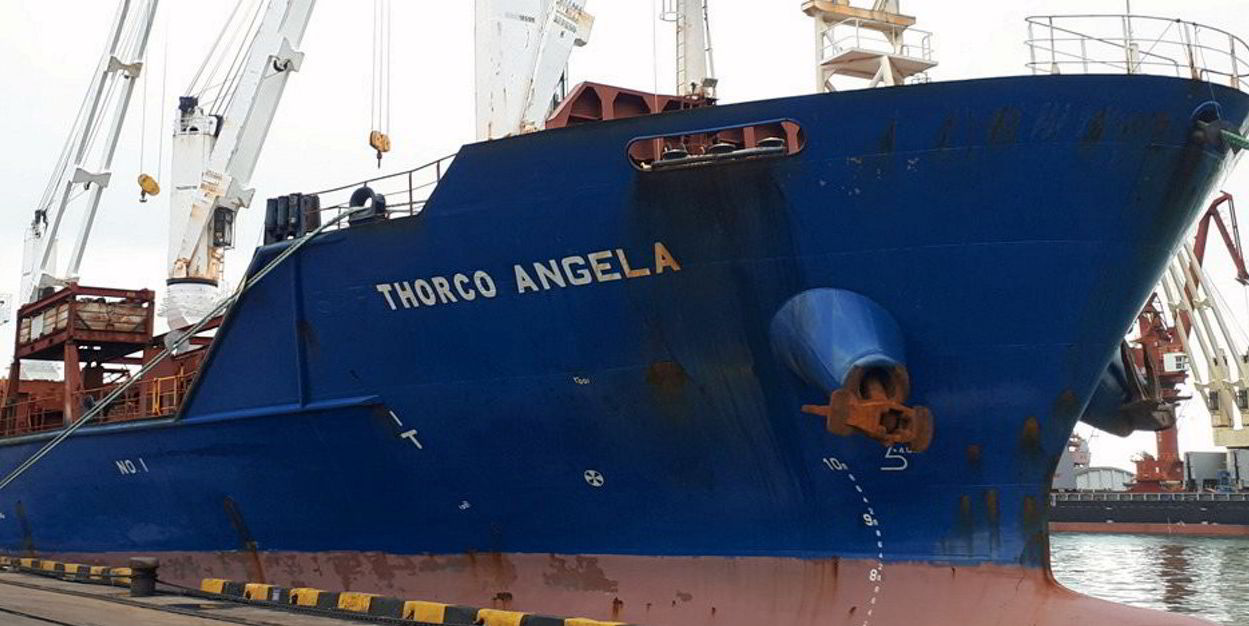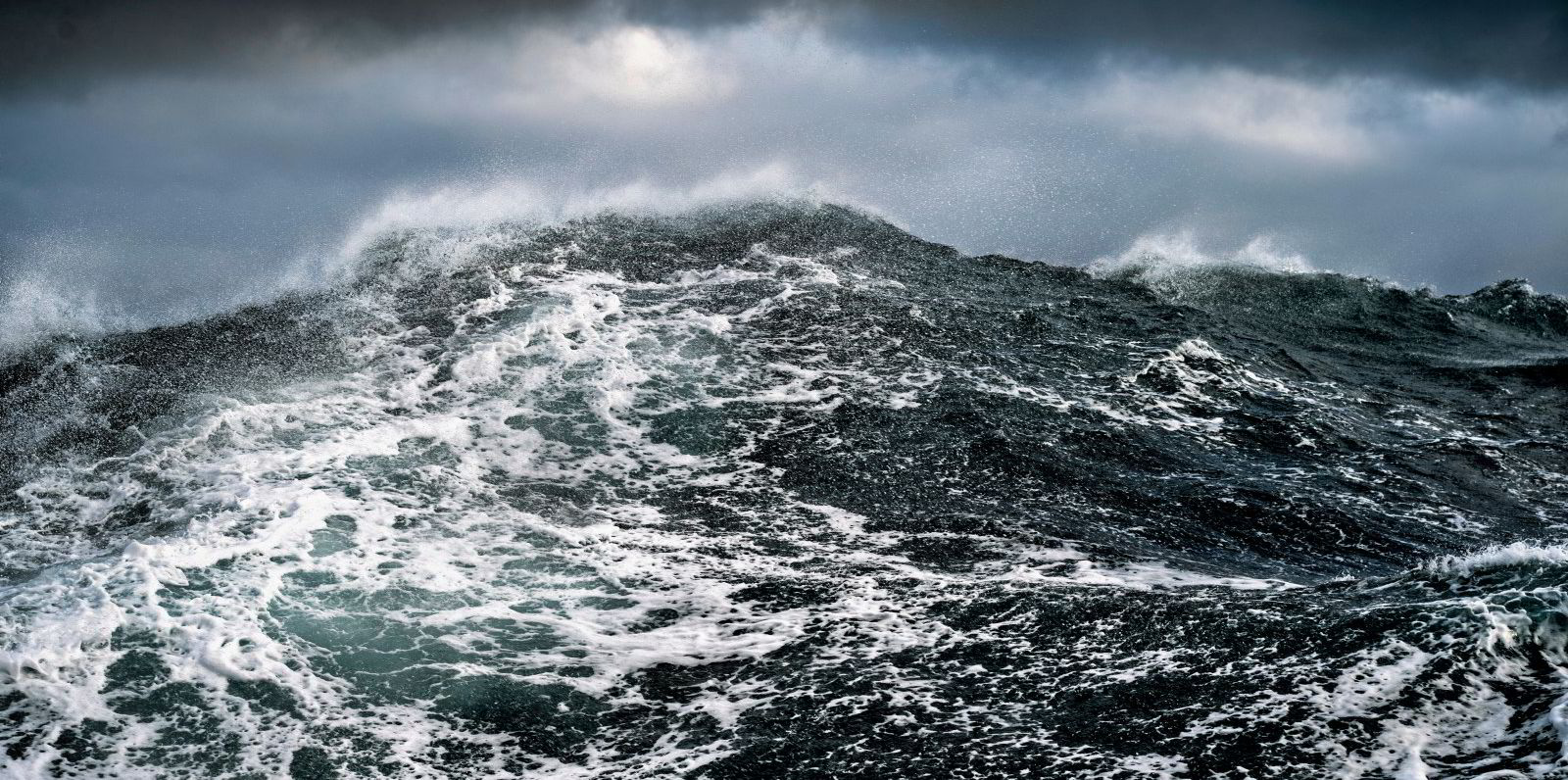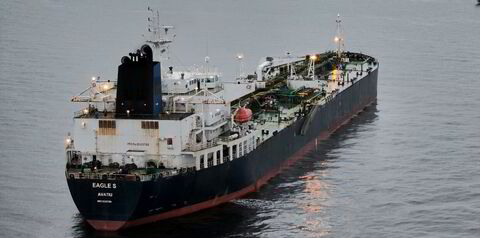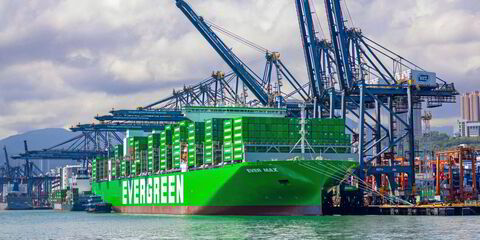No deaths were recorded on UK-flag ships in 2021, but the number of casualty probes rose.
This is according to data released by the Marine Accident Investigation Branch (MAIB) in its annual report.
There were a total of 1,530 reported marine accidents last year, an increase of more than 300 from 2022, but many of these did not involve vessels.
MAIB started 22 investigations, up from 19 the previous year.
The increase was largely due to the industry responding to a request for more information on dangerously-weighted heaving lines and defective pilot ladders, the agency said.
“Strong evidence was received that sub-standard ladders remain a significant problem,” MAIB said.
“While dangerously-weighted heaving lines pose a significant hazard to tug crews and line handlers, the evidence received did not support the level of anecdotal reporting,” the agency said.
MAIB made 35 recommendations to 22 separate companies in 2021. Of these, 77% were accepted by the recipients.
Captain Andrew Moll, chief inspector or marine accidents, said it had been another busy year.
Snap-back danger highlighted
“The MAIB received no reports of fatal accidents to seafarers on UK-registered merchant vessels of 100 gt or more during the year but did commence investigations into fatalities on two Red Ensign Group vessels and one fatality on a Cyprus-registered vessel operating in UK waters,” he said.
He identified two themes from these investigations.
“The first is that mooring deck fatalities as a result of snap-back continue to occur, despite well published guidance on the hazard; the second is that marshalling vehicles on roll-on/roll-of vessels remains extremely hazardous.”
Moll said it was worrying that there is still a clear gap between “work as imagined” and “work as done”, with marshallers frequently standing in unsafe areas and drivers losing sight of them.
MAIB also revealed it is launching two new initiatives later in 2022.
The first is a digital portal for the reporting of marine accidents, while the public will be granted access to the statistical elements of the MAIB database for the first time.
“Both initiatives will make it easier for the industry to interface with the branch, and online access to the marine casualty database will be of great benefit to marine organisations, companies and researchers,” the agency said.





